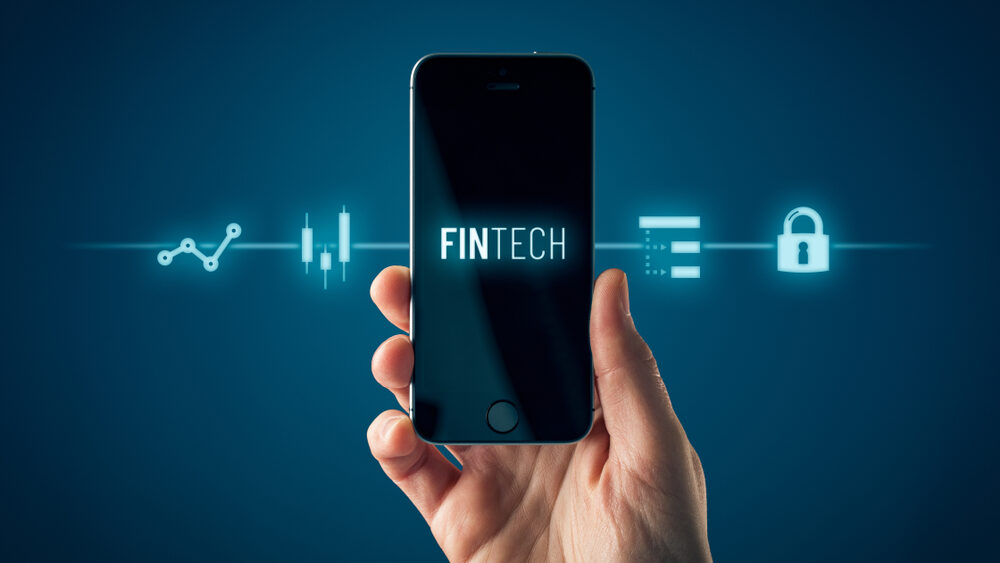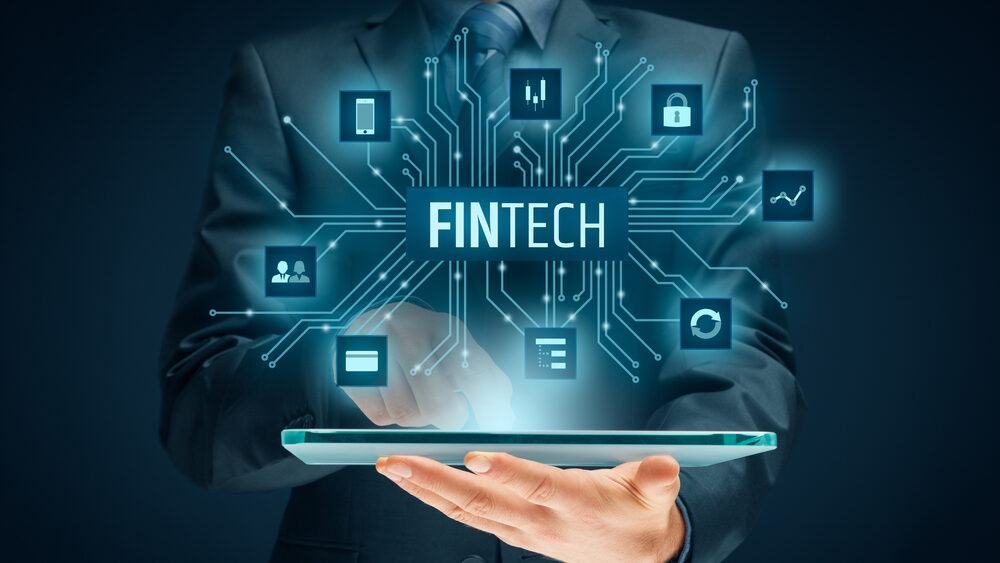In the bustling landscape of the modern world, the finance industry is undergoing a profound transformation, driven by the relentless march of technology. Fintech, short for financial technology, has emerged as a dynamic force, reshaping the way we interact with money, investments, and banking. From mobile payment apps to blockchain-based solutions, fintech innovations are revolutionizing traditional financial services, ushering in an era of unprecedented accessibility, efficiency, and convenience for consumers and businesses alike.
Introduction to Fintech:
Let’s embark on a journey into the heart of fintech, where technology and finance converge to unlock new possibilities. Fintech encompasses a broad spectrum of innovations, including digital payments, peer-to-peer lending platforms, robo-advisors, and cryptocurrency solutions.
Unlike traditional financial institutions, fintech startups are nimble, agile, and unburdened by legacy systems, allowing them to adapt quickly to changing consumer demands and technological advancements.

Democratizing Access to Financial Services:
One of the most transformative aspects of fintech is its ability to democratize access to financial services. In the past, banking services were often inaccessible to large segments of the population due to geographical barriers, high fees, and stringent eligibility criteria.
Fintech innovations such as mobile banking apps and digital wallets have empowered millions of people worldwide to access basic financial services conveniently and affordably, regardless of their location or socioeconomic status.
Redefining Payments and Transactions:
- The days of searching through stray change or standing in line to deposit checks are long gone. Fintech has revolutionized the way we make payments and conduct transactions, making them faster, more secure, and frictionless.
- Mobile payment apps like Venmo, PayPal, and Square Cash have become ubiquitous, enabling users to transfer money seamlessly with just a few taps on their smartphones. Contactless payment methods and digital currencies are also gaining traction, offering alternatives to traditional cash and card-based transactions.
Disrupting Traditional Banking:
- Traditional banks are facing increasing competition from fintech startups that offer innovative banking solutions tailored to the digital age. Challenger banks, such as Revolut, Chime, and N26, are reimagining the banking experience with features like instant account opening, fee-free transactions, and personalized financial insights.
- Moreover, fintech companies are leveraging big data analytics, artificial intelligence, and machine learning algorithms to provide more efficient and personalized banking services, such as credit scoring, fraud detection, and financial planning.
Harnessing the Power of Blockchain and Cryptocurrency:
- At the forefront of fintech innovation is blockchain technology, a decentralized and immutable ledger that underpins cryptocurrencies like Bitcoin and Ethereum. Blockchain has the potential to revolutionize various aspects of finance, including cross-border payments, supply chain finance, and asset tokenization.
- Cryptocurrencies are challenging traditional notions of money and investment, offering decentralization, transparency, and security. While still in its nascent stages, the crypto market is evolving rapidly, attracting interest from investors, speculators, and institutional players alike.
Addressing Regulatory and Security Concerns:
- Despite the transformative potential of fintech, it is not without its challenges. Regulatory uncertainty, cybersecurity threats, and data privacy concerns loom large in the fintech landscape, requiring careful navigation and collaboration between industry stakeholders, policymakers, and regulators.
- Robust cybersecurity measures, regulatory compliance frameworks, and consumer protection protocols are essential to build trust and confidence in fintech platforms and ensure the integrity and stability of the financial system.
The Future of Fintech:
- As fintech continues to evolve and mature, the possibilities are endless. From decentralized finance (DeFi) and artificial intelligence-powered financial advisors to quantum computing and digital identities, the future of finance is brimming with innovation and disruption.
- Fintech has the potential to drive financial inclusion, foster economic growth, and empower individuals and businesses to achieve their financial goals. By embracing fintech innovations responsibly and ethically, we can unlock new pathways to prosperity and build a more inclusive and sustainable financial ecosystem for generations to come.

Conclusion
In conclusion, fintech innovations are not just reshaping the financial sector; they are reimagining the way we think about money, transactions, and value creation. By harnessing the power of technology, fintech pioneers are democratizing access to financial services, redefining payments and banking, and paving the way for a more inclusive and equitable financial future. As we navigate this ever-changing landscape, let us embrace the opportunities and challenges of fintech with optimism, curiosity, and a commitment to driving positive change in the world of finance.
